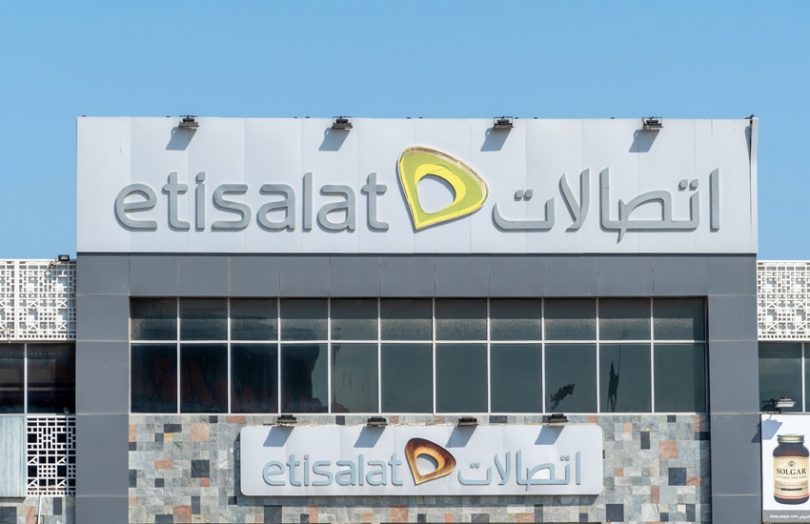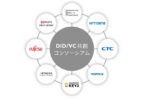Abu Dhabi’s largest telecommunication company Etisalat announced it will provide HR letters to its employees as blockchain credentials. The initiative is a partnership with Chaintrail.com and is the first in the region to use blockchain for Human Resources (HR) credentials.
HR letters are likely to be used by employees to prove they are currently employed, for example, when applying for a loan or supporting previous work history when moving jobs. Having these credentials on a blockchain ensures the content is not altered and Etisalat aims to provide lifetime access. It also speeds up credential verification by eliminating manual processes such as contacting the employer to confirm they issued the letter.
“Implementing Blockchain technology in HR ensures employee data is under their control and is secure and accessible anytime, anywhere,” said Dena Ali AÍ Mansoori, Group Chief HR Officer at Etisalat.
Chaintrail uses a private version of the Ethereum blockchain, and is starting to deploy Quorum in some jurisdictions.
Etisalat’s HR also launched an ‘HR Virtual Assistant’ and implemented Robotic Process Automation into HR processes, which speeds up data verification and data requests. Furthermore, the company is expanding its paperless initiative by digitizing reward and recognition certificates to employees such as Monthly Excellence or Outstanding Project Contribution Award.
Etisalat is involved in other blockchain projects, including UAE’s trade finance platform UAE Trade Connect and in Shahada, an initiative with SmartWorld to digitize education certificates in the UAE.
Similar to HR credentials, the Velocity Network consortium is exploring the development of career credentials on blockchain. The project ultimately aims to provide individuals with a digital career credential wallet that includes data on education, training and employment that can be shared by employees with current or prospective employers. Members of the Network, including Oracle and Randstad, recently participated in live demonstrations of verifiable digital career credentials.
Career credentials is an expanding sector in blockchain. Two years ago, PwC put in motion Smart Credentials, a blockchain platform that enables individuals to digitize and share their credentials. Last year IBM launched a blockchain credentials platform for academic and professional qualifications that highlights training and skill development programs alongside university qualifications, and in September, South Korea’s largest job search platform SaraminHR implemented blockchain-based decentralized identity for recruitment, staffing, and verification of credentials.
Update: The article has been updated adding details about CHAINTrail technology.






